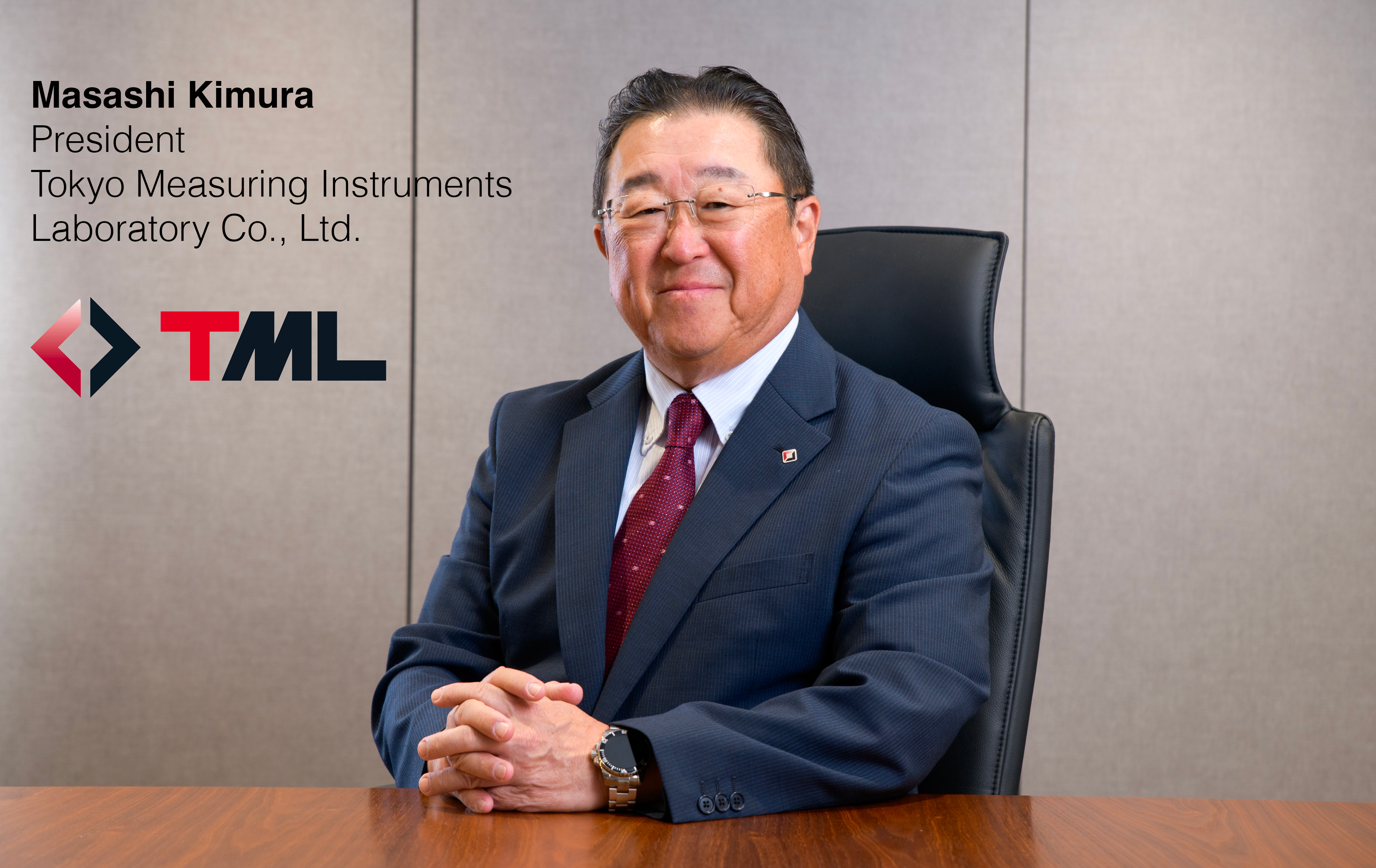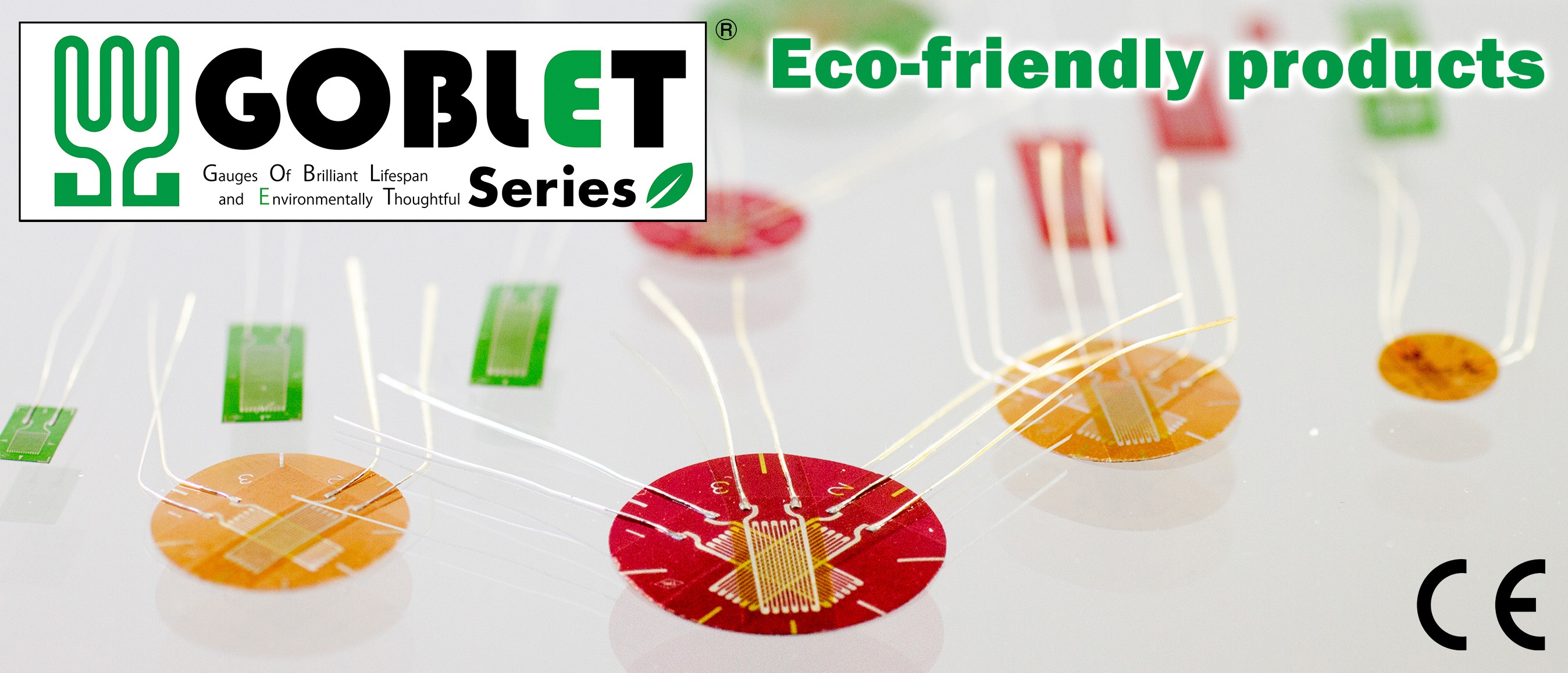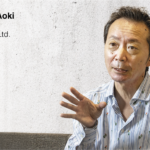A Japanese sensor tech company is enjoying great success in Japan and many other markets, with equipment proving invaluable in the construction, civil engineering and manufacturing industries. Across a wide range of sectors, products made by Tokyo Measuring Instruments Laboratory Co., Ltd. are helping save costs, labor and time by offering unique detection capabilities for crucial systems and mechanisms. The firm’s most vital applications are in the fields of civil engineering and construction, where its products monitor the safety and lifespan of buildings, landscapes, roads and bridges.
The firm is now working to strengthen its overseas presence by bringing its years of sensor expertise to new markets worldwide, with particular interest in the infrastructure and automotive sectors of neighboring countries in Asia.“We have great strengths in the construction and civil engineering fields, so this is an area we wish to pursue in South Korea. As well as this, we are approaching large automobile manufacturers, such as Hyundai and Kia,” said President Masashi Kimura. “There is a large potential market in the country, which means that we decided to start our own subsidiary that markets our strain gauges. By increasing the sales of this product in South Korea, we hope to be able to expand to other product categories in the future. Furthermore, we are aiming to accelerate growth in the Asian region by setting South Korea as a base while expanding into markets such as China, India and Thailand.”
The business has been responsible for significant advances in the measurement field, including the world’s first polyester strain gauge in 1956, an advance on previous paper-based gauges. That has since been followed up with a range of different materials for products that can be used in various temperatures and conditions. Other leading innovations include automotive sensors that can capture real-time vehicle performance data, crack detection sensors, a suite of measurement software systems, and the new battery-operated T-ZACCS device used in remote locations such as dams and deep mountain passes.
Given the climatic and tectonic issues across the Asia-Pacific “Ring of Fire” region, a significant part of the company’s operations focuses on disaster prevention. Its innovative measurement products are used for major infrastructure projects, as well as monitoring landscapes for shifting ground and testing the strain and durability of roads and bridges. “In the civil engineering sector, there are two main areas: construction of new structures and maintenance renovation. For the former, our sensors are often used by research institutions requiring precise measurements. With existing infrastructure, such as bridges, our sensors are used in systems that ensure safety as the structure ages. For highways, our sensors are often used to monitor the slope in cases of landslide danger,” said Kimura. Another main driver for the firm’s pioneering R&D is helping to develop increasingly automated and remotely operated systems to mitigate workforce issues related to Japan’s acute aging population crisis. “Our sensor technology also provides a useful measure to take against a shortage of manpower, with a centralized system that can be checked at the office without the need for field visits,” Kimura said.











